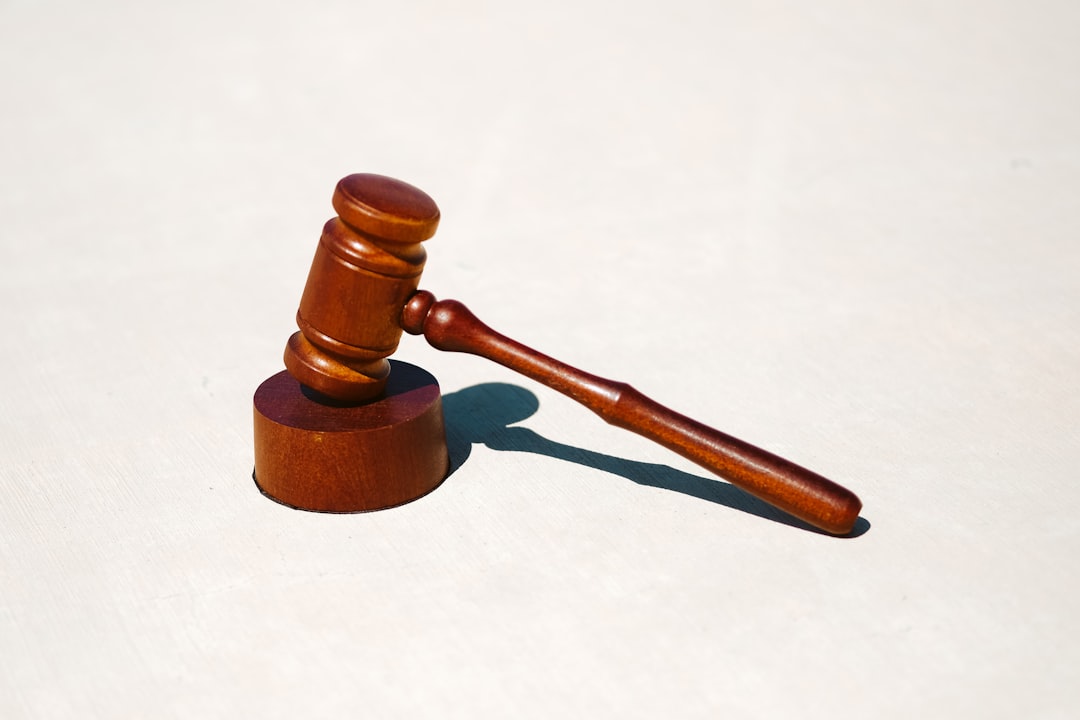 Photo from Unsplash
Photo from Unsplash
Originally Posted On: https://bippermedia.com/legal/how-a-lawyer-can-help-you-navigate-floridas-mandatory-minimum-sentencing-laws/
Navigating Florida’s mandatory minimum sentencing laws can be a daunting task for anyone facing criminal charges. The 10/20/Life statute in particular is a complex law that carries severe penalties for those convicted of certain crimes. To successfully navigate this law, it is crucial to seek the guidance of an experienced lawyer who understands the details of these statutes and knows how to effectively advocate on behalf of their clients. In this blog, we will explore the various aspects of Florida’s mandatory minimum sentencing laws, specifically focusing on the 10/20/Life statute, and discuss how a knowledgeable lawyer can help you navigate these laws and work towards securing the best possible outcome for your case. Whether you are facing charges or simply want to educate yourself on this area of law, understanding the importance of legal representation when dealing with mandatory minimum sentencing is crucial.
The History and Purpose of the 10/20/Life Statute
- Origins: Florida’s 10/20/Life statute was enacted in 1999 to combat violent crime by imposing mandatory minimum sentences for certain offenses involving firearms.
- Key Points: Under this law, individuals convicted of specific crimes face mandatory minimum sentences based on the use of a firearm during the commission of the offense.
- Objective: The primary goal of the 10/20/Life statute is to deter criminals from using firearms in criminal activities by imposing harsh penalties for such behavior.
Understanding the Three Strikes Rule
- The three strikes rule in Florida mandates harsh penalties for repeat offenders.
- Under this law, individuals with three prior convictions face mandatory minimum sentences.
- These sentences can range from 15 years to life imprisonment, depending on the nature of the offenses.
In light of these consequences:
- It is crucial to consult with a knowledgeable attorney if you are facing charges under the three strikes rule.
- A skilled lawyer can help you navigate the complexities of this statute and work towards minimizing your sentence.
- By understanding how the three strikes rule applies to your case, you can make informed decisions about your legal defense strategy.
Mitigating Factors and Defenses in 10/20/Life Cases
- Mitigating Factors: When facing a 10/20/Life sentencing, mitigating factors such as the defendant’s lack of criminal history, remorse for their actions, or cooperation with law enforcement can be presented to potentially reduce the severity of the sentence.
- Self-Defense: In cases where self-defense is a viable claim, a skilled attorney can argue that the defendant’s actions were necessary to protect themselves or others from harm. This defense requires careful examination of the circumstances leading up to the incident.
- Mental State: If there are concerns about the defendant’s mental state at the time of the offense, an experienced lawyer may explore avenues for presenting evidence that could impact sentencing outcomes. Psychological evaluations and expert testimony might play a crucial role in these situations.
The Role of a Lawyer for Florida’s Mandatory Minimum Sentencing Laws
- Experience Matters: A skilled lawyer understands the intricacies of Florida’s mandatory minimum sentencing laws. They know how to interpret legal jargon and navigate complex statutes.
- Strategic Advocacy: An experienced attorney can craft compelling arguments to mitigate or challenge mandatory minimum sentences on behalf of their clients. They have the knowledge and expertise to present evidence effectively in court.
- Negotiation Skills: In some cases, a lawyer can negotiate with prosecutors for reduced charges or alternative sentencing options that may lessen the impact of mandatory minimums. Their ability to advocate for their clients’ best interests is crucial in achieving favorable outcomes when facing strict sentencing laws like Florida’s 10/20/Life statute.
Let Hanlon Law Take on Your 10/20/Life Statute Case in Tampa, FL
The 10/20/Life statute in Tampa, FL, is a law designed to impose mandatory minimum sentences for certain violent crimes involving firearms. Under this statute, individuals convicted of specified offenses face enhanced penalties based on the use of a firearm during the commission of the crime. The statute mandates a minimum sentence of 10 years for simply possessing a firearm during the commission of a qualifying offense, 20 years for discharging the firearm, and 25 years to life for causing injury or death with the firearm. If you live in Tampa, Florida, and find yourself needing a lawyer for the 10/20/life statute, Hanlon Law is here to help. Contact us today for a consultation!
Hanlon Law
210 N Pierce St
Tampa, FL 33602
(813) 228-7095
https://www.criminalattorneytampa.net





